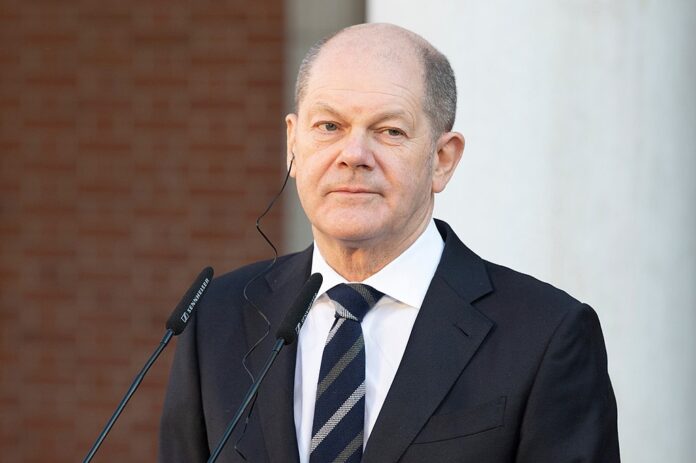Germany stands at a crossroads following Chancellor Olaf Scholz’s defeat in a confidence vote, steering the nation toward snap elections. This significant political shift hints at transformative changes in Germany’s political landscape, provoking a re-examination of power alignments both domestically and within the European Union. Scholz’s unexpected fall reflects mounting discontent over his handling of pressing national issues, propelling calls for new leadership to take charge of Europe’s economic powerhouse. The looming elections not only contextualize potential policy revisions but also echo throughout the EU, where Germany’s stance influences extensive political and economic directives. As the nation braces for an electoral showdown, party dynamics and public sentiment are expected to reshape the political fabric, ushering insights into what the future holds for Germany’s role on the continental stage in light of the Germany Political Leadership Crisis.
Embed from Getty ImagesPerspectives
Perspective 1: For Scholz’s opponents, the loss signifies a much-anticipated shift away from his policies, offering the promise of reinvigoration through fresh governance. This perspective advocates for decisive new policies prioritizing economic rejuvenation, energy security, and more responsive social policies, which they believe require transformative leadership free from past political inertia.
Perspective 2: In contrast, supporters of Scholz regard his confidence vote defeat as a momentary electoral setback rather than a comprehensive repudiation of his tenure. This perspective reiterates Scholz’s foundational policies on climate change and fiscal responsibility, emphasizing his role as a stabilizing force against populist influences threatening the European Union’s integrity.
Sources:
Reuters
FAZ.net
Perspective 3: From a European perspective, the implications of Germany’s political shifts are profound, potentially influencing EU policies on economic reform and cross-border cooperation. Experts highlight that Germany’s enduring stability is pivotal for maintaining the EU’s cohesion, urging a focus on measures that preserve collective European interests amidst the Germany Political Leadership Crisis and domestic transitions.
